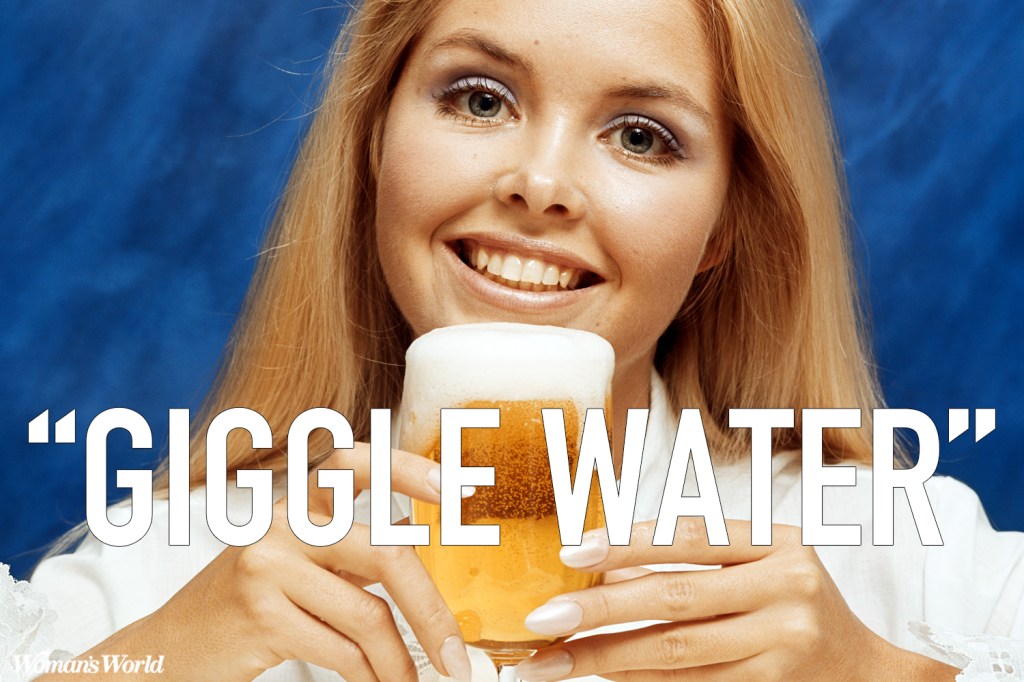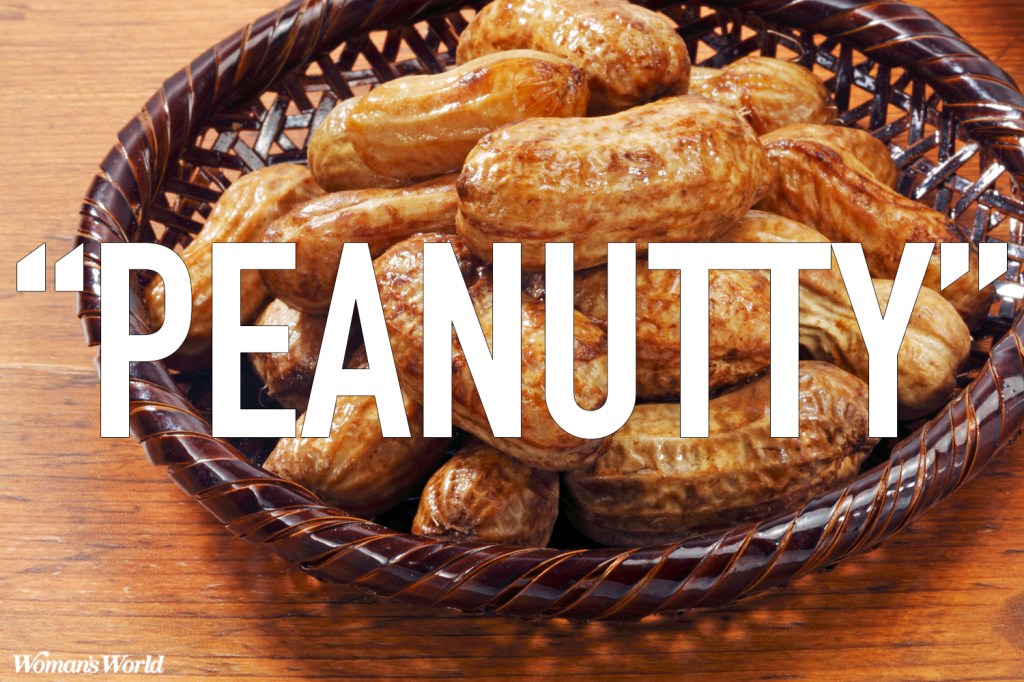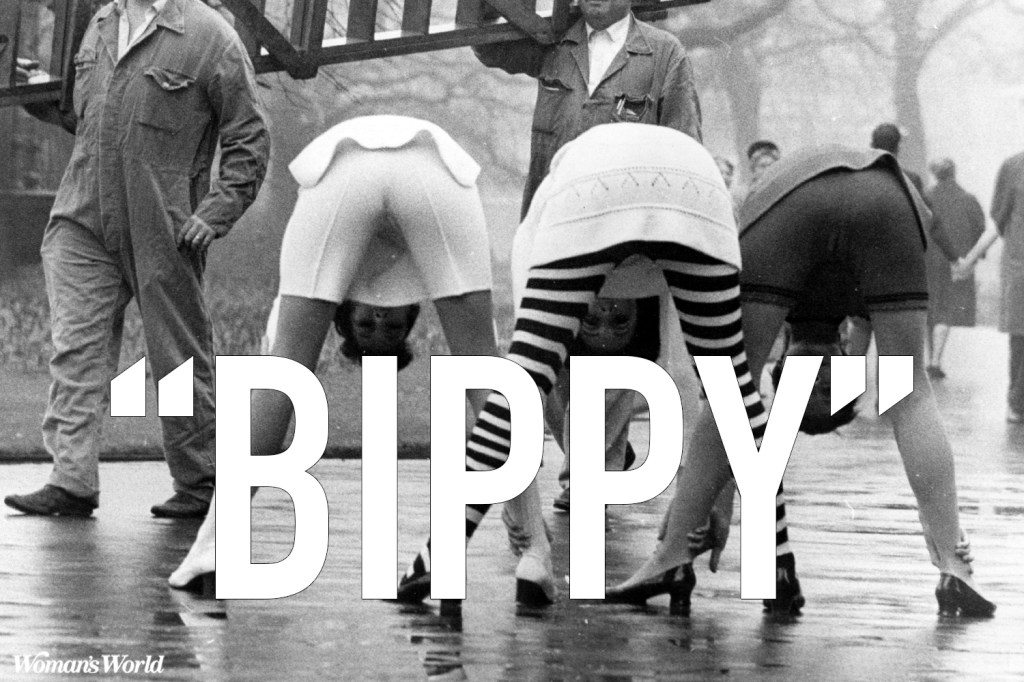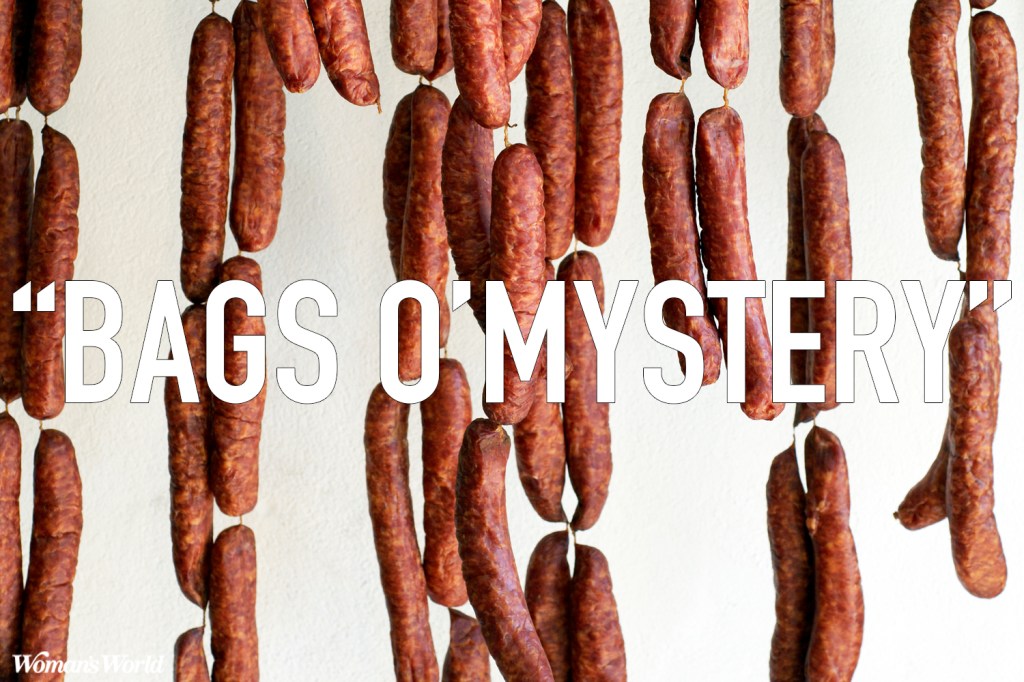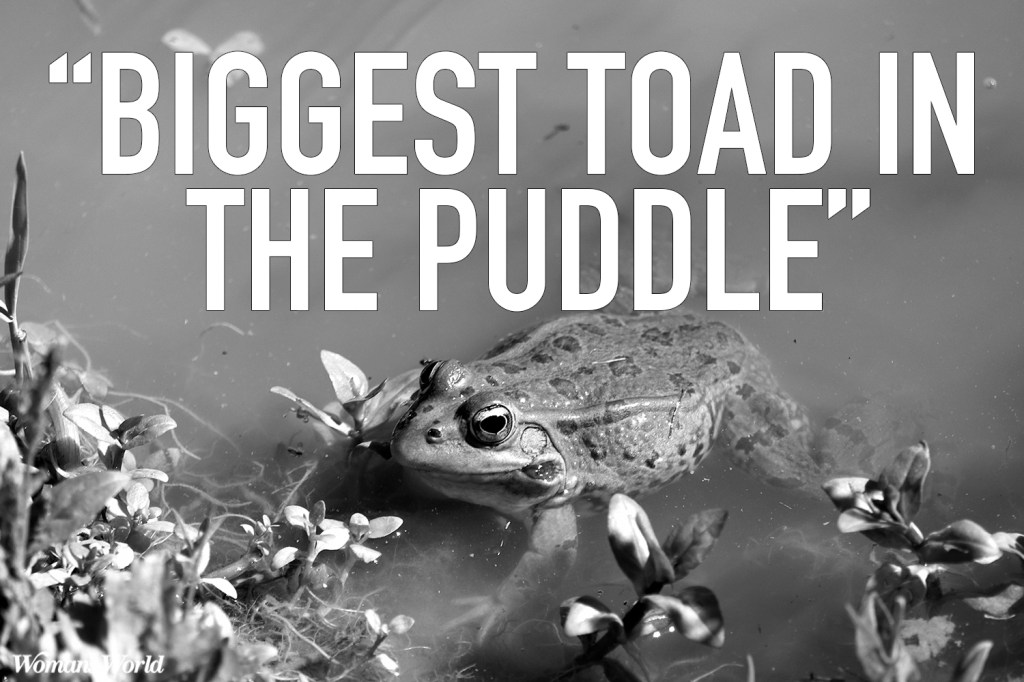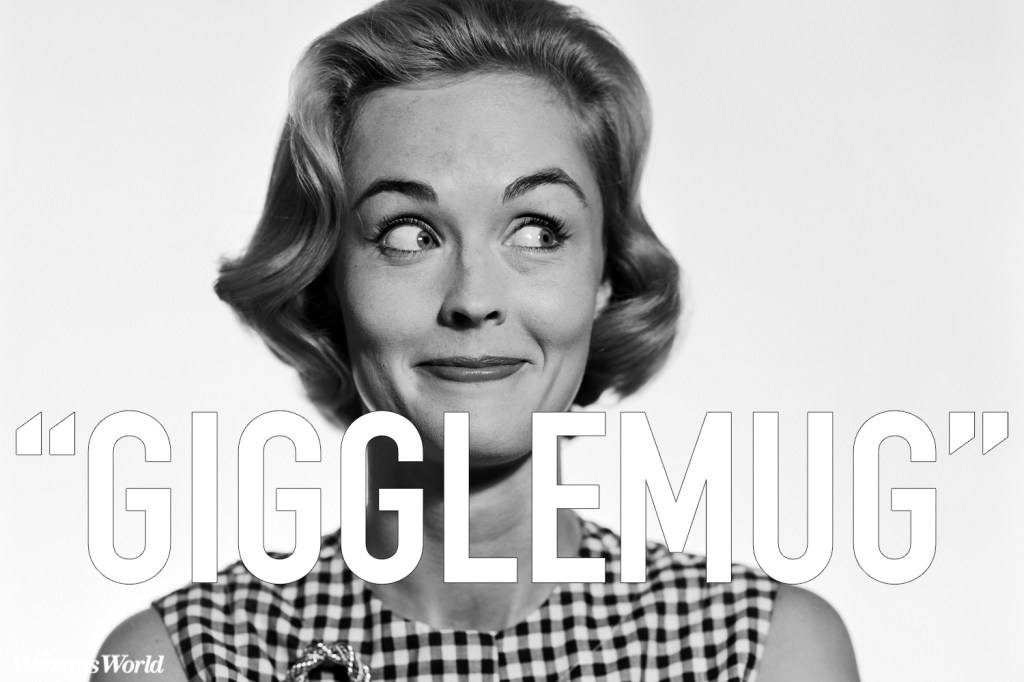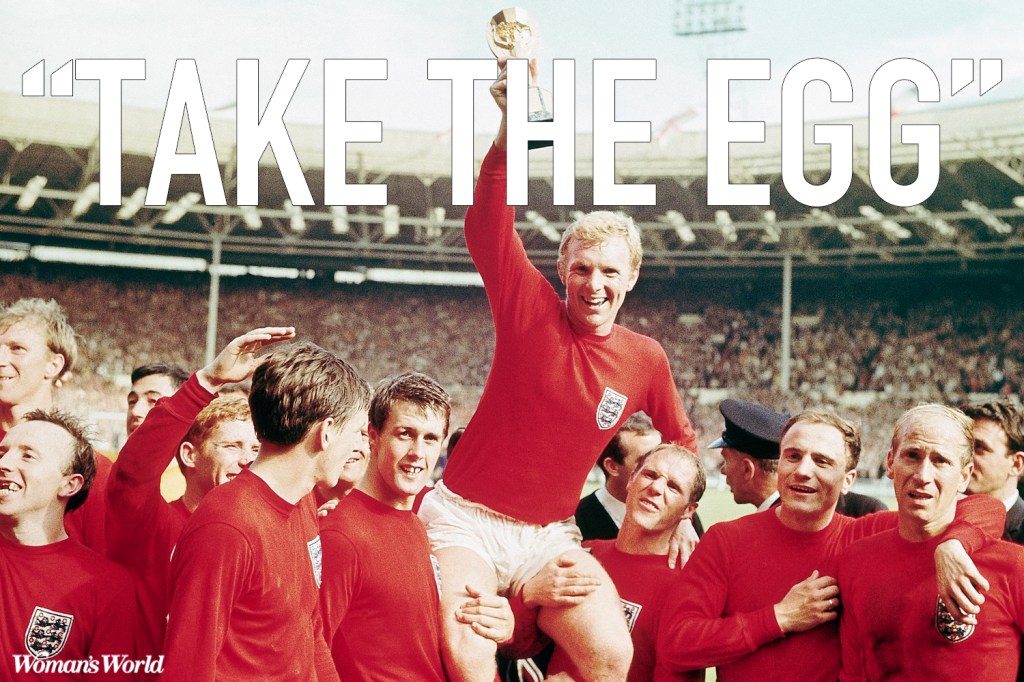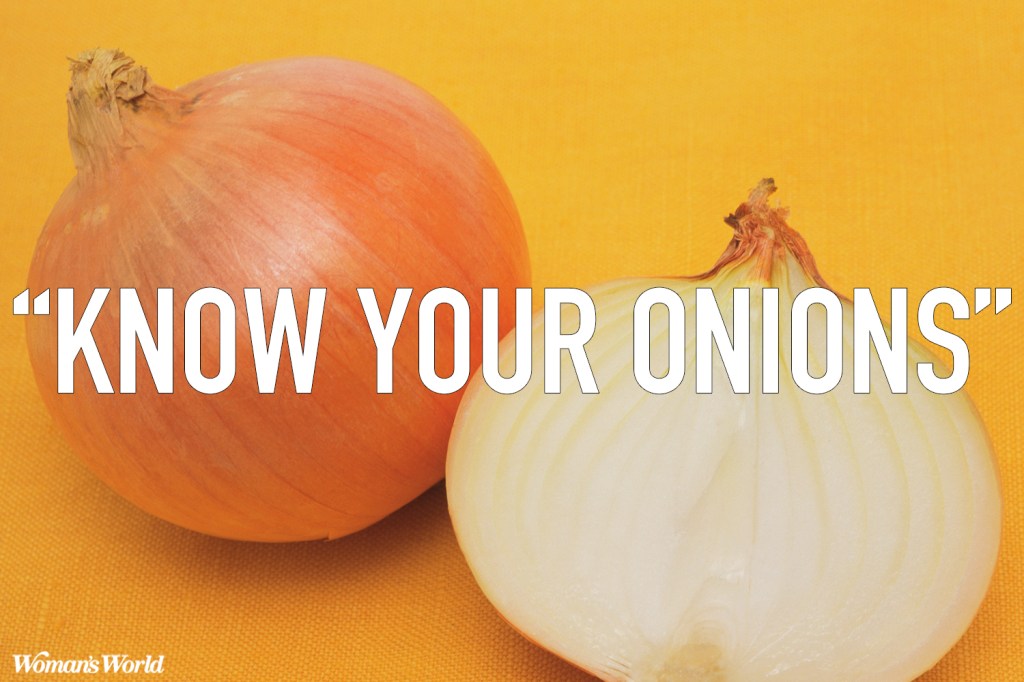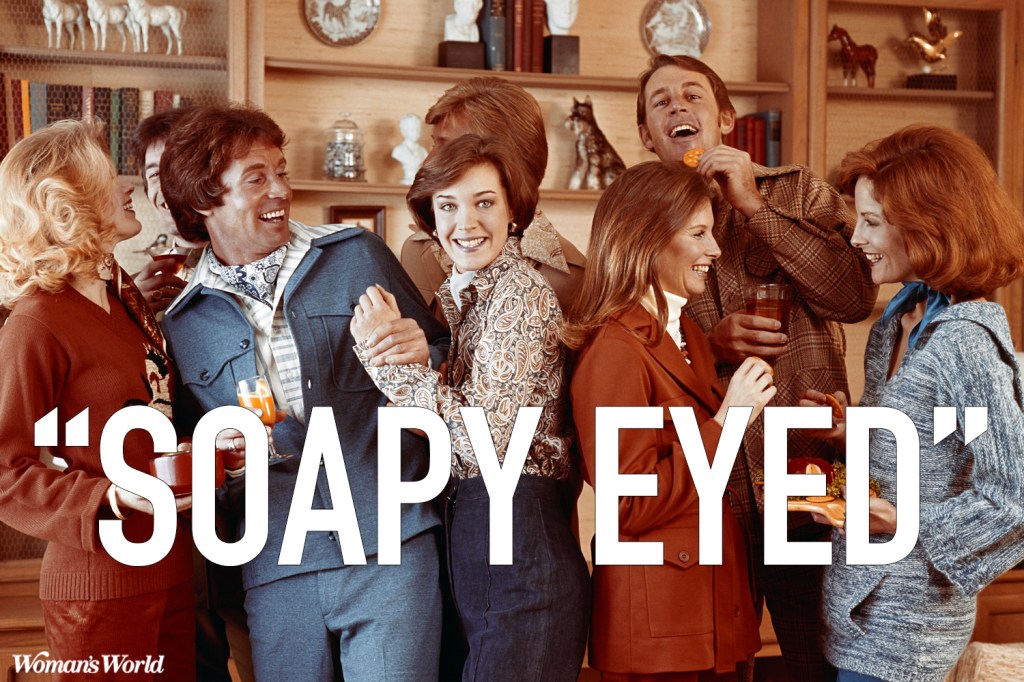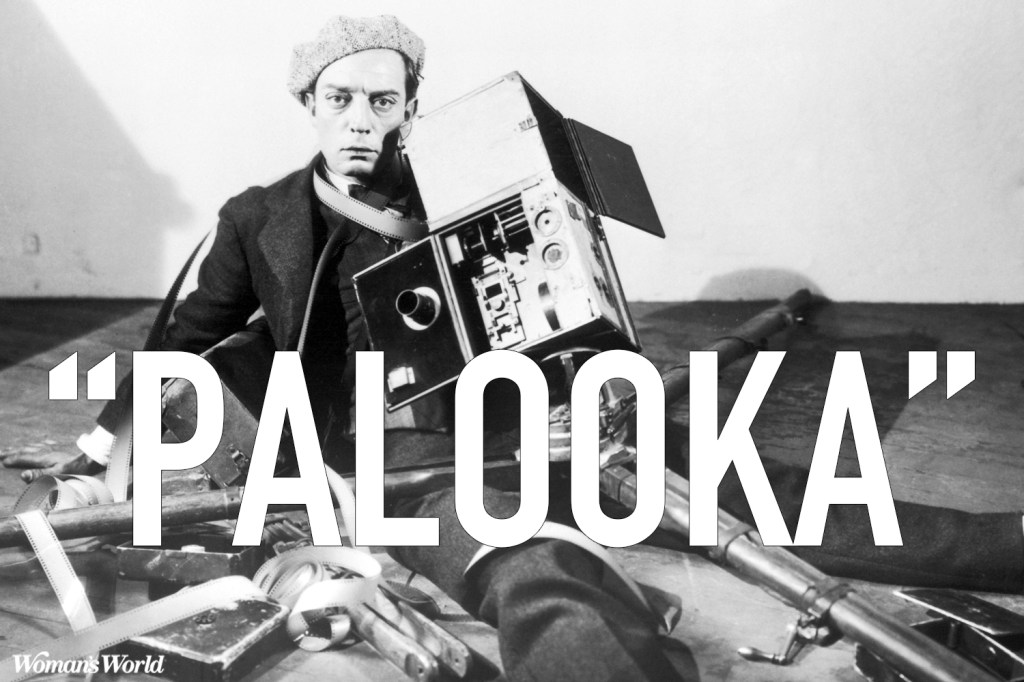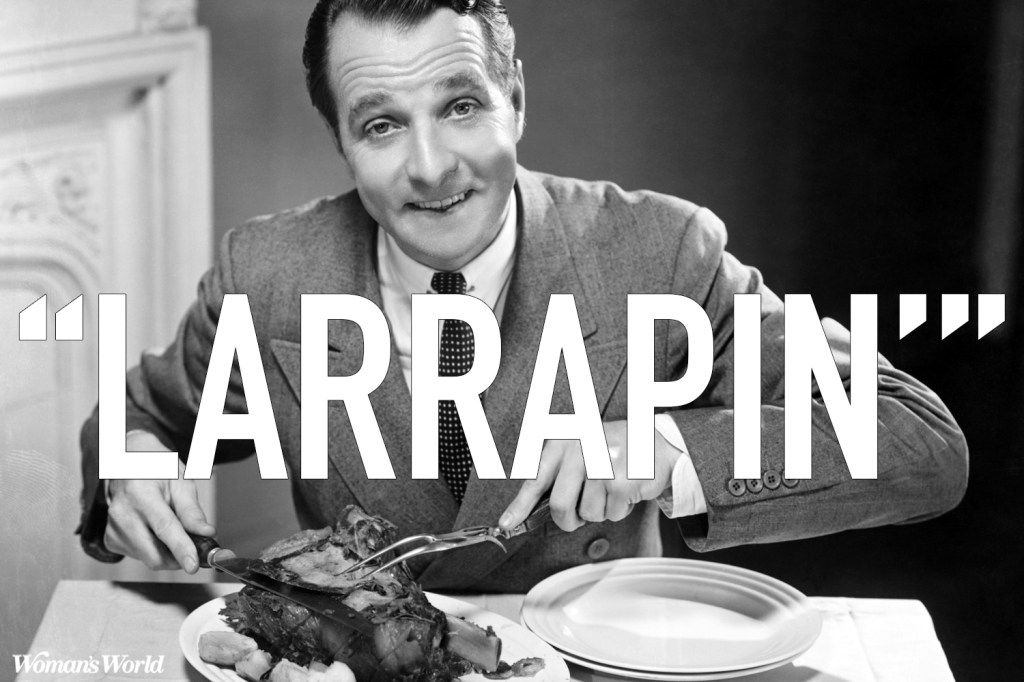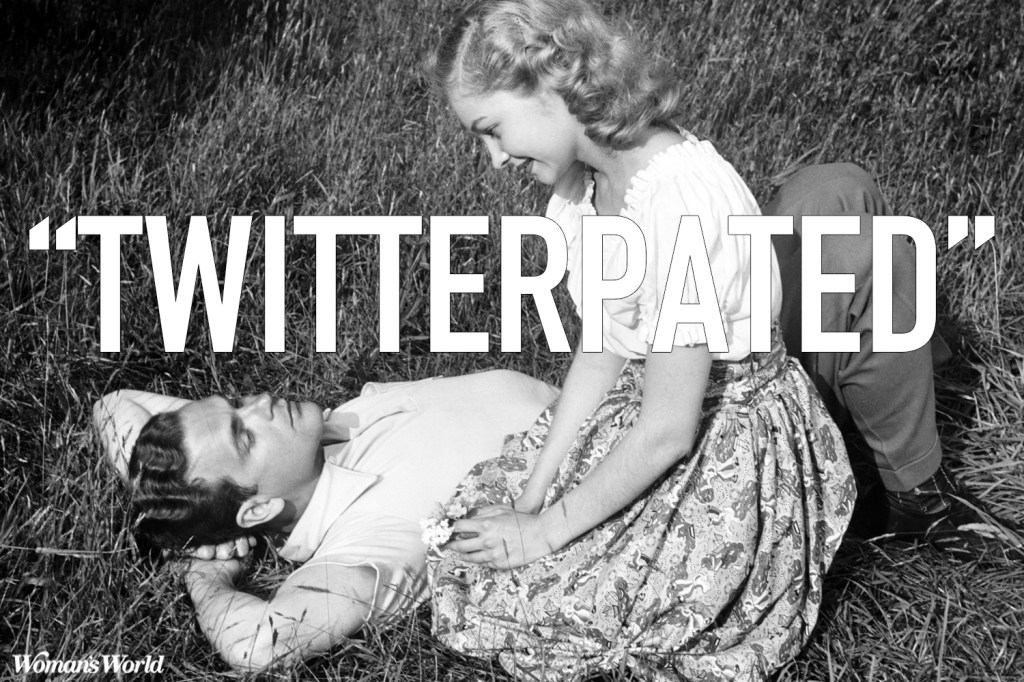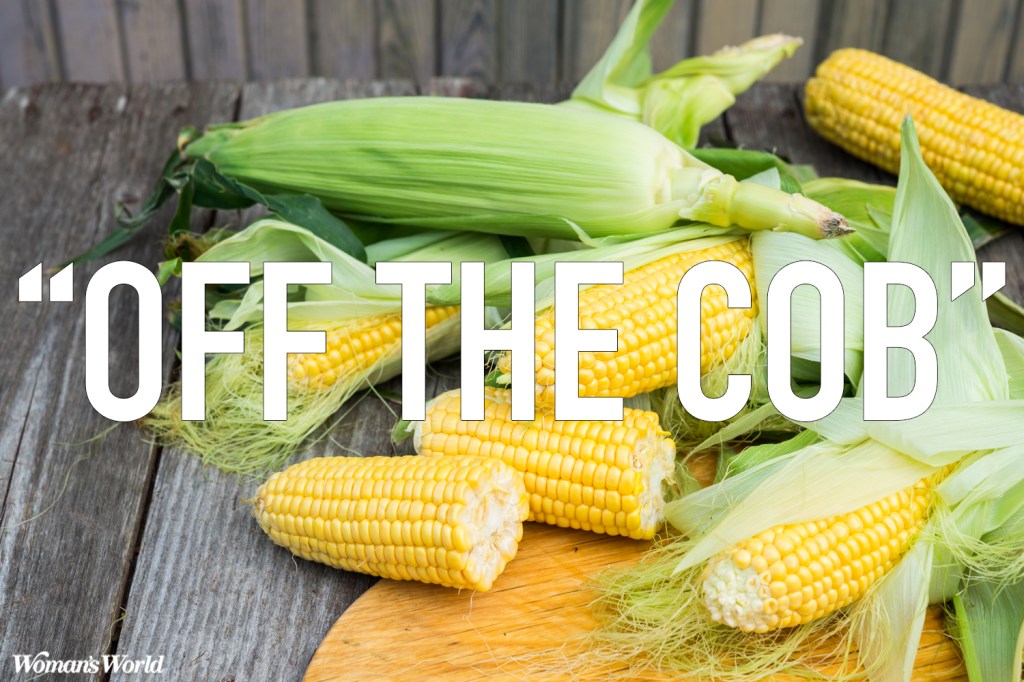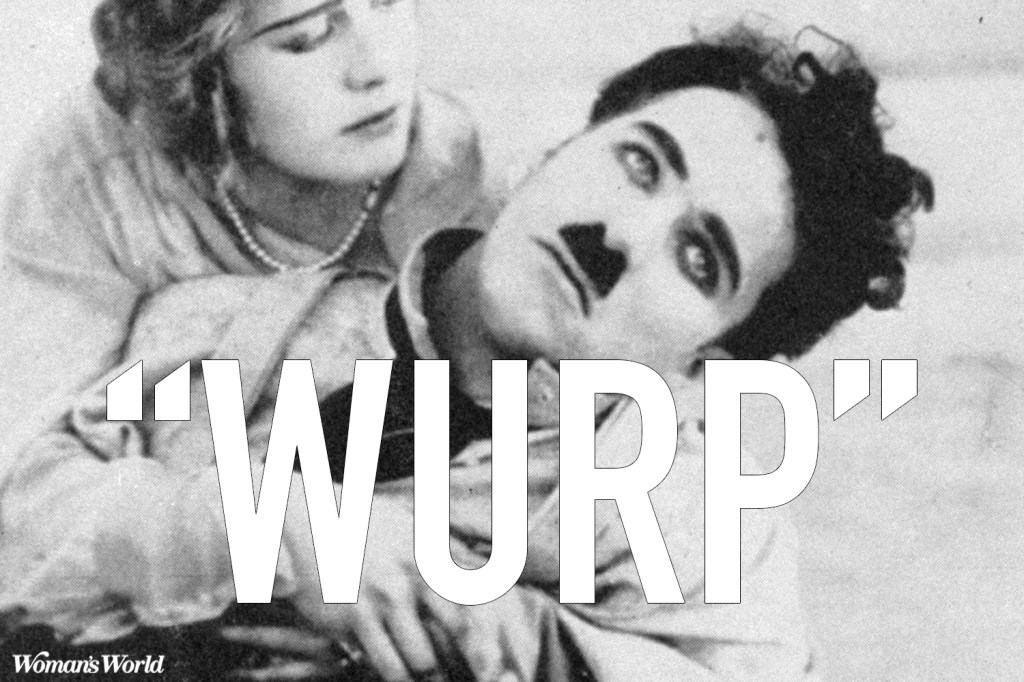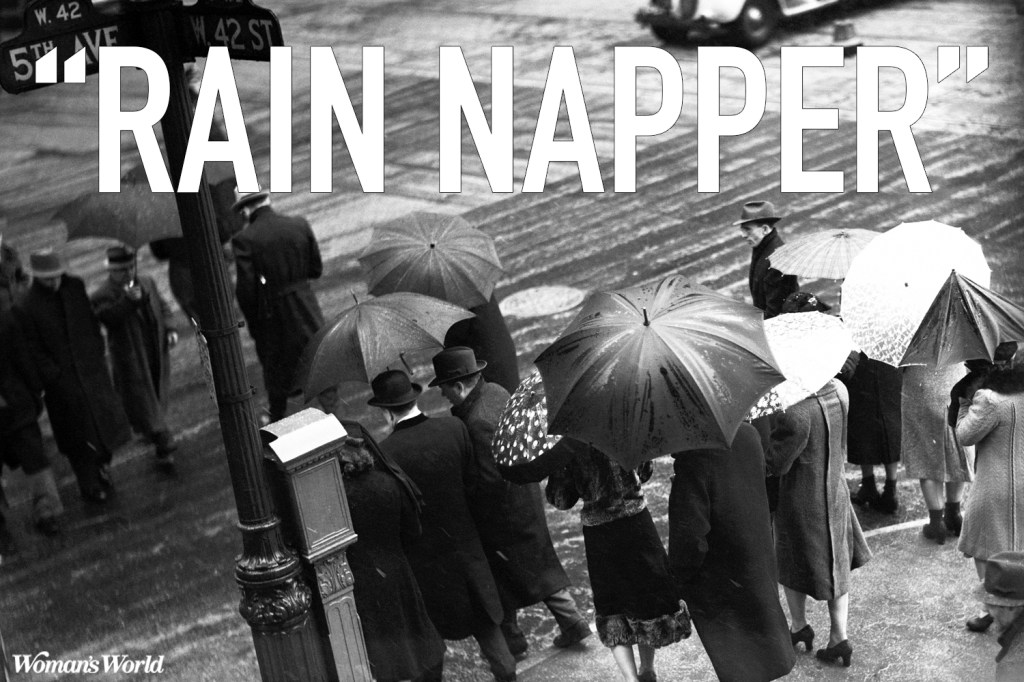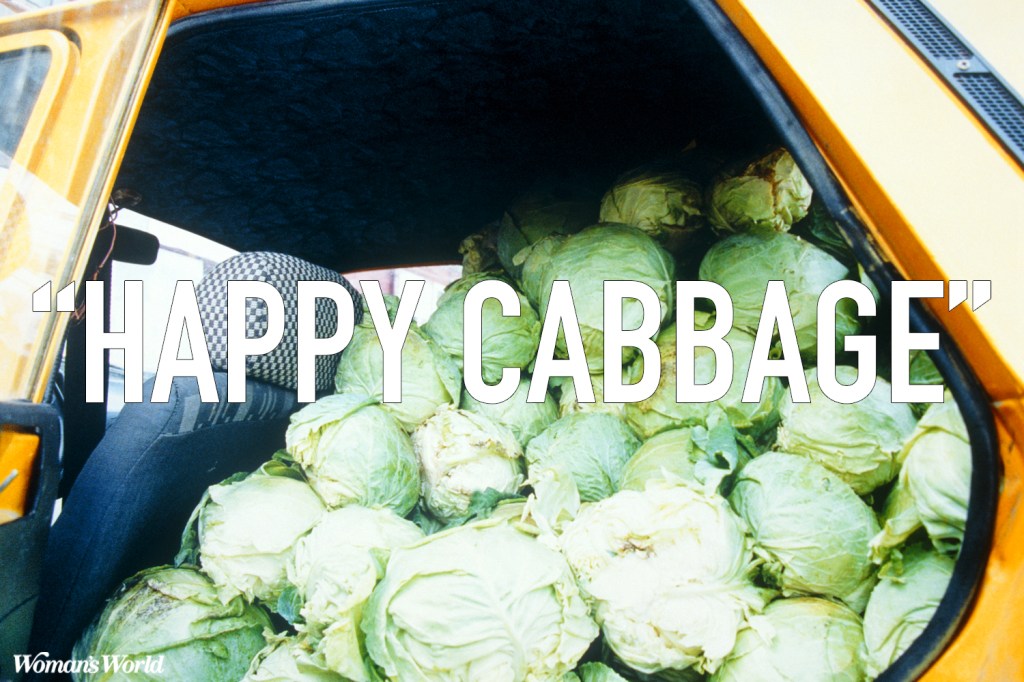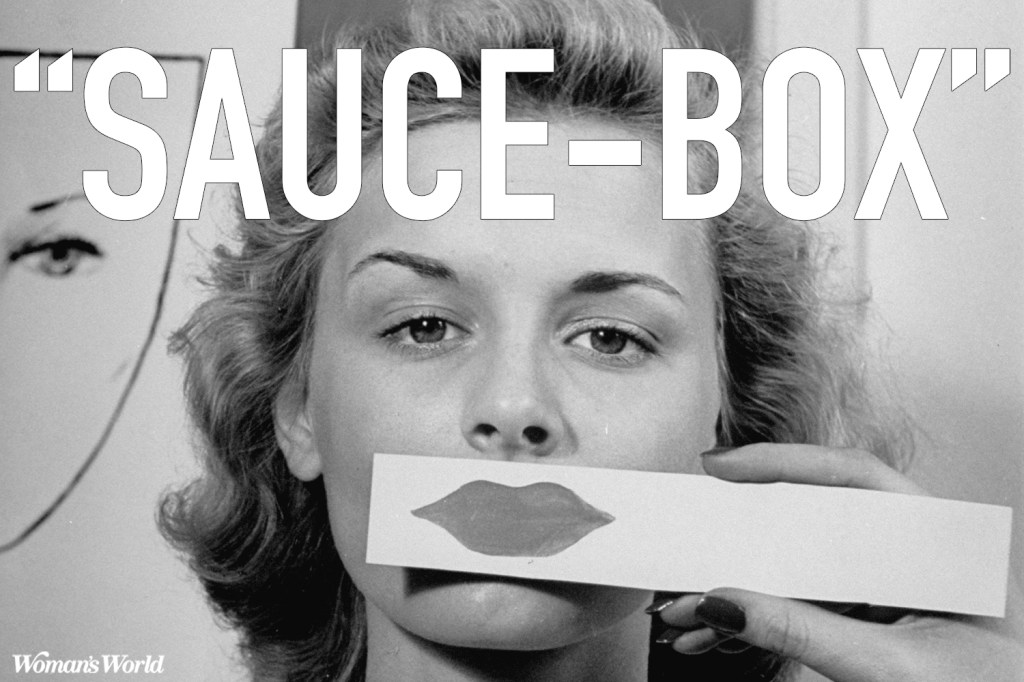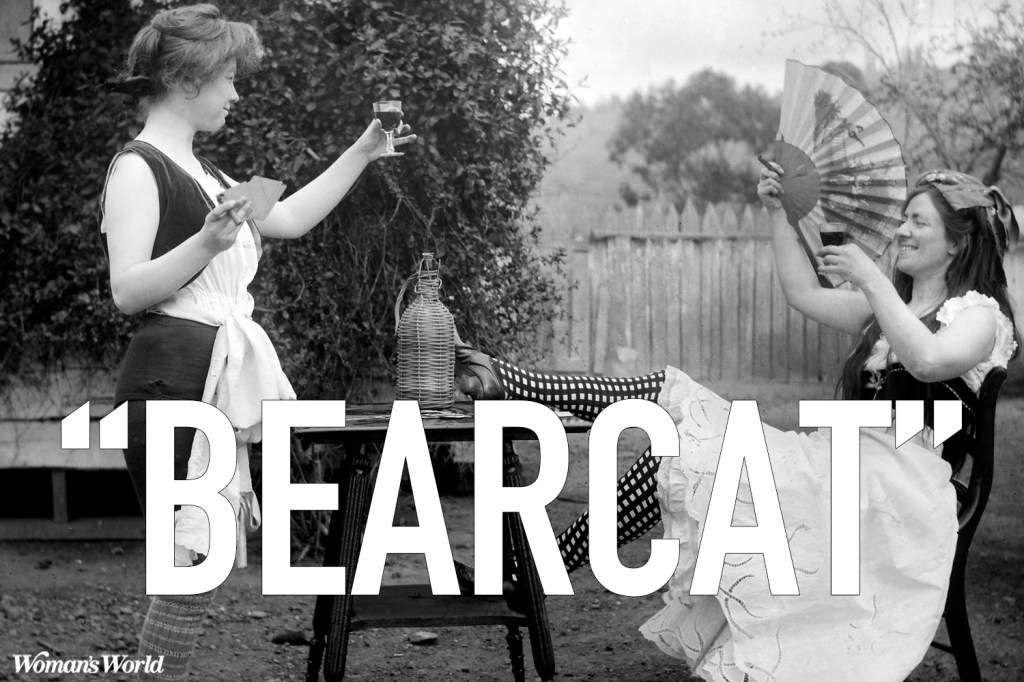18 Slang Words and Phrases From the Past That We Should Still Use Today
Every generation comes up with their own vernacular for describing the world around them. We all remember popular slang from the past like “groovy” and “bee’s knees,” but there are so many other fun words and phrases that used pop up in everyday conversations over the years. If you ask us, we wouldn’t mind seeing some of the more creative colloquialisms from yesteryear make their way back into our chats on a regular basis again.
To help inspire a resurgence of vintage slang, we looked back at some of the best words and phrases folks used from the 1800s to the 1960s. You might recognize some of the familiar vocabulary you and your friends used back in the day — or learn a few new-to-you jargon you can work into your next convo!
Take a look below to see all the old slang words and phrases we should still use today.

